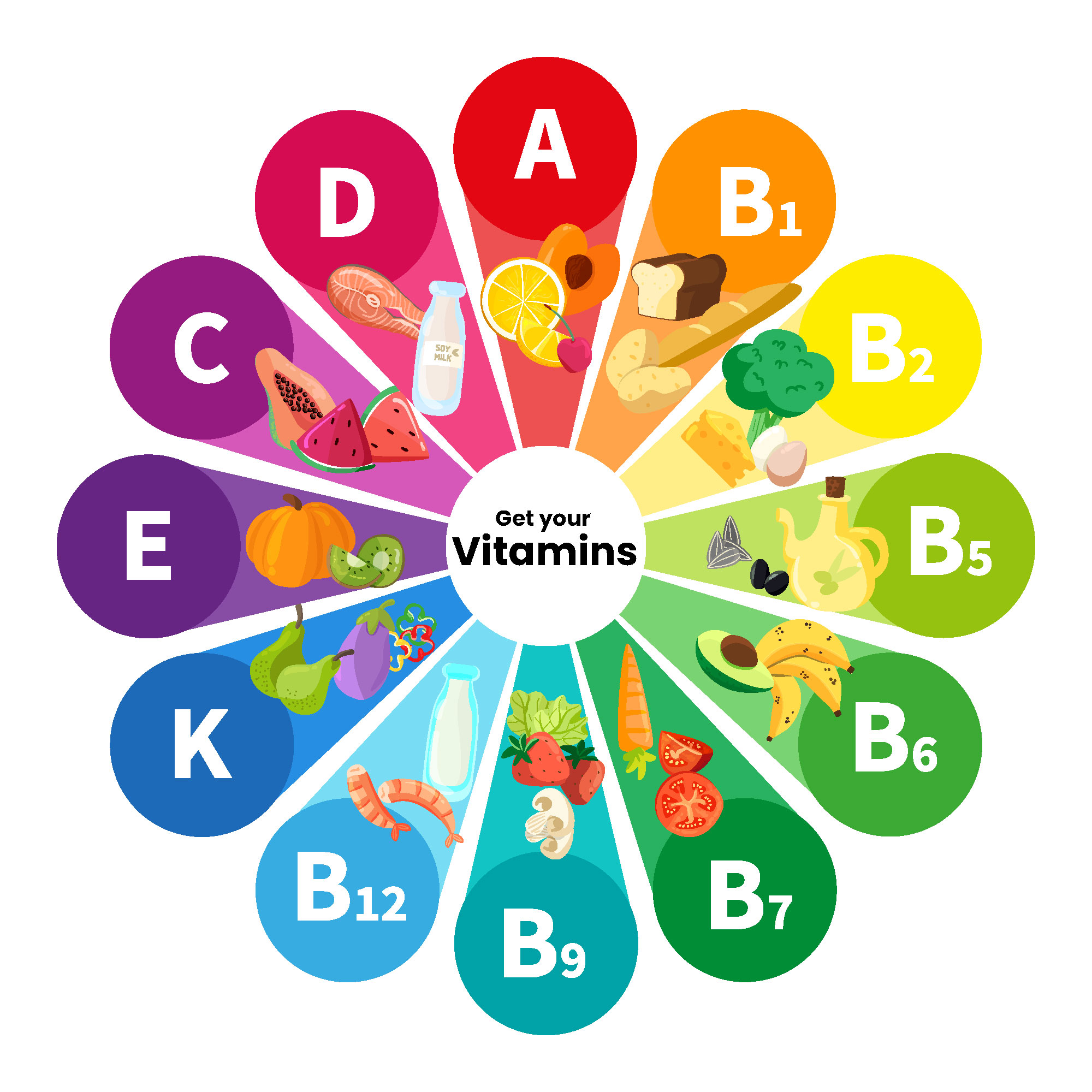Zinc is a vital mineral that plays a crucial role in supporting a healthy immune system.
It is essential for the proper functioning of various biological processes in the body, including cell growth and division.
In this article, we will delve into what zinc is, explore its numerous benefits, identify various sources of zinc in your diet, and understand how this powerful mineral aids in enhancing immune function.
Content
ToggleWhat is Zinc and its Benefits?
Zinc is a trace mineral that plays an essential role in many bodily functions. It is crucial for maintaining good health and supports several critical processes in the body.
Benefits of Zinc
One of the key benefits of zinc is its involvement in immune function. It helps in the development and activation of T-lymphocytes, a type of white blood cell that is vital for the immune response. Adequate zinc levels can help reduce the duration of colds and other infections.
Zinc is also important for wound healing. It aids in cell division and growth, making it essential for repairing damaged tissues.
Additionally, zinc plays a role in synthesizing proteins and DNA, contributing to overall body growth and development.
Role in Growth and Development
This mineral is especially significant during periods of rapid growth, such as childhood, adolescence, and pregnancy. Zinc supports healthy growth by promoting cell division and ensuring proper functioning of hormones.
Other Health Benefits
Moreover, zinc has antioxidant properties, which help fight free radicals in the body. This can help reduce inflammation and lower the risk of chronic diseases.
It may also contribute to improved taste and smell, as zinc is necessary for the proper functioning of taste buds and olfactory cells.
Deficiency Risks
A lack of zinc can lead to various health issues, including weakened immunity, slow wound healing, hair loss, and skin lesions.
It is important to maintain adequate zinc levels through diet or supplementation if necessary.
Sources of Zinc in Your Diet
There are many sources of zinc that you can include in your diet to ensure you obtain enough of this essential mineral. Whether you are a meat lover or a vegetarian, zinc can be found in various foods.
Animal Sources
Animal-based foods are among the richest sources of zinc. Some excellent choices include:
- Oysters: These are the highest source of zinc and can provide almost 30 mg per 3-ounce serving.
- Red Meat: Beef and lamb are great sources, offering about 5-10 mg of zinc per 3-ounce serving.
- Poultry: Chicken and turkey can also contribute about 2-4 mg of zinc per serving.
Plant Sources
If you prefer plant-based options or are vegetarian, there are still many foods rich in zinc:
- Legumes: Chickpeas, lentils, and beans are good sources, providing about 2-5 mg of zinc per cup.
- Nuts and Seeds: Pumpkin seeds, cashews, and almonds offer around 1-3 mg of zinc per ounce.
- Whole Grains: Foods like quinoa, oats, and brown rice are excellent sources, generally containing about 1-2 mg of zinc per serving.
Dairy Products
Dairy items also provide zinc. Some examples include:
- Cheese: A good source of zinc, providing roughly 3-4 mg per ounce.
- Milk: It contains 1 mg of zinc per cup, making it a nutritious addition to your diet.
Including a variety of these foods can help you meet your daily zinc requirements.
The recommended daily allowance for zinc varies by age and gender, but generally, adult men need about 11 mg, while adult women need about 8 mg.
How Zinc Supports Immune Function
Zinc plays a critical role in supporting the immune system, making it an essential mineral for maintaining health. Its presence is crucial for various immune functions, helping the body fight off infections and diseases.
Boosting T-Cell Function
Zinc is vital for the development and activation of T-cells, a type of white blood cell that defends the body against pathogens. These cells help identify and eliminate infected or cancerous cells, providing a strong immune response.
Antioxidant Properties
Furthermore, zinc has antioxidant properties that help protect cells from damage caused by free radicals.
This protective effect can reduce inflammation and prevent chronic diseases that may compromise the immune system.
Supporting Enzyme Function
Zinc also supports numerous enzymes in the body that are involved in immune response.
These enzymes help synthesize proteins and DNA, which are essential for producing immune cells and antibodies to combat infections.
Reducing Infections
Research shows that adequate zinc levels can help reduce the duration and severity of respiratory infections, including the common cold.
This mineral enhances the effectiveness of vaccines and aids in quicker recovery from illnesses.
Getting the right amount of zinc from your diet will strengthen your immunity and overall health. Certain groups, like the elderly and pregnant women, may need to pay particular attention to their zinc intake to ensure optimal immune function.
In Summary: The Importance of Zinc for Your Health
Zinc is a vital mineral that contributes significantly to your overall health and well-being.
Its role in supporting the immune system cannot be overstated; from enhancing T-cell function to providing antioxidant protection, zinc is essential for fighting off infections.
By including a variety of zinc-rich foods in your diet, such as meat, legumes, nuts, and dairy, you can ensure you’re meeting your daily requirements.
Whether through dietary sources or supplementation, maintaining adequate zinc levels is crucial for enhancing immune function, reducing the risk of illness, and promoting faster recovery.
As you focus on your health, remember the powerful benefits that zinc can offer. Prioritizing this mineral will undoubtedly support your overall immune health and contribute to a healthier lifestyle.
FAQ – Frequently Asked Questions about Zinc
What are the main benefits of zinc for health?
Zinc is essential for supporting the immune system, promoting wound healing, and aiding in cell growth and division.
How does zinc support immune function?
Zinc boosts T-cell activity, provides antioxidant protection, and helps produce immune cells and antibodies.
What are the best dietary sources of zinc?
Animal sources like oysters, red meat, and poultry are rich in zinc. Plant-based options include legumes, nuts, seeds, and whole grains.
How much zinc do I need daily?
Adult men need about 11 mg of zinc, while adult women require approximately 8 mg each day.
Can zinc supplements help if I don’t get enough from food?
Yes, zinc supplements can help, but it’s essential to consult with a healthcare provider to determine the right dosage.
What are the symptoms of zinc deficiency?
Symptoms of zinc deficiency may include weakened immunity, slow wound healing, hair loss, and skin issues.



